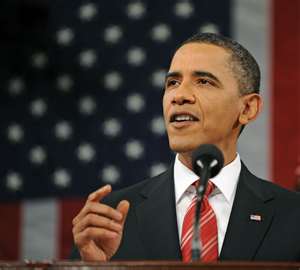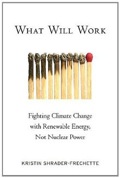[youtube]8O91psfnNMU[/youtube]
A friend from Los Angeles mentioned when visiting us a few days ago that he had recently seen a striking performance at UCLA by dancers from the Pacific islands of Tuvalu, Tokelau and Kiribati. Climate change figured strongly in the concert, which was part of a project called Water is Rising. Intrigued, I tracked down the project website and to my delight discovered a video of the live performance at UCLA (presented above). I say delight advisedly because I was unable to tear myself away from the 90-minute performance once I’d begun to watch it, captivated by its dance and song and moved by the simple human appeal that accompanied it. The performers were bringing their unique cultural art to American audiences, but they were also haunted by the deep threat to their cultures of the rising sea levels and they had a clear message to go with their performance.
It’s a message which I think we in the developed world need to hear over and over again. I’ve therefore transcribed some of the introductory words of the leaders of the three groups. They were not carefully crafted, the speakers felt for their words, and the English syntax was not always perfect, but the plea was all the more telling for that. The Tuvalu leader, gesturing towards the performers:
These are the human face of climate change. We are the most vulnerable people to climate change and we are here with a simple message to you all – for you to give us a hand, for your minds to feel with us, your hearts to be with us. We are here to represent our countries…we [Tuvalu] are small, we are only 24 square kilometres land mass. No mountains for us to hide ourselves when it comes to sea level rise…we are only three to four metres high. Please think of us, and enjoy yourselves.

 I look back with some embarrassment on my enthusiastic posts when Barack Obama was in the early days of his presidency. I thought he was offering strong political leadership in addressing climate change. His words seemed unequivocal. Here he is
I look back with some embarrassment on my enthusiastic posts when Barack Obama was in the early days of his presidency. I thought he was offering strong political leadership in addressing climate change. His words seemed unequivocal. Here he is 
 It’s difficult not to become repetitive when blogging about climate change. The basic science is well-established. The dangers global warming poses to human society are clear and in some places present. The solutions lie with drastically cutting the level of greenhouse gas emissions and adapting to changes already unavoidable. The mitigation solution in particular continues to be resisted by vested interests and their political allies. I’m conscious of having expressed each of these facts many times over in a variety of forms over the past three years. And now I’m about to
It’s difficult not to become repetitive when blogging about climate change. The basic science is well-established. The dangers global warming poses to human society are clear and in some places present. The solutions lie with drastically cutting the level of greenhouse gas emissions and adapting to changes already unavoidable. The mitigation solution in particular continues to be resisted by vested interests and their political allies. I’m conscious of having expressed each of these facts many times over in a variety of forms over the past three years. And now I’m about to  An interesting-looking series of posts has begun on the
An interesting-looking series of posts has begun on the